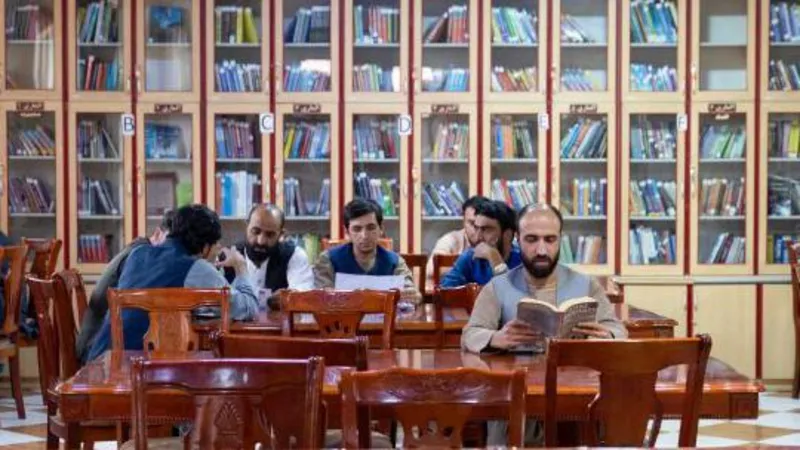For the Second Day in a Row Iranian Missile Strikes Beersheba — 7 Injured Buildings Damaged

Beersheba, Israel – Tensions between Iran and Israel escalated further as an Iranian missile struck the southern Israeli city of Beersheba for the second consecutive day, injuring seven people and damaging multiple buildings.
The latest attack, confirmed by Israeli emergency services, occurred early Friday morning, sending residents scrambling for shelter as air raid sirens wailed across the city. The missile reportedly landed in a residential area, shattering windows, setting off car alarms, and leaving a deep crater in the street.
Among the injured are two children and an elderly woman, all of whom suffered moderate to serious injuries due to flying debris and the impact of the blast. Several others were treated for shock. Emergency teams rushed to the scene and transported the wounded to Soroka Medical Center.
Israeli military officials said the missile was launched from Iranian territory and evaded the Iron Dome defense system due to its low-altitude trajectory and short-range speed. Buildings within a 200-meter radius suffered varying degrees of structural damage, including broken glass, collapsed ceilings, and fire outbreaks.
This marks the second Iranian missile to hit Beersheba in 48 hours, part of what Israeli authorities are calling a “deliberate and sustained escalation.” The previous attack, on Thursday, resulted in three injuries and caused extensive damage to a shopping center.
Israeli Defense Forces (IDF) spokesperson Rear Admiral Daniel Hagari stated:
“These attacks are unacceptable. Iran’s direct targeting of Israeli civilian areas marks a new and dangerous phase in their aggression. We are reviewing our response options and remain on high alert.”
The latest strike comes amid an ongoing regional crisis, with Israel also carrying out targeted strikes inside Iran earlier this week, hitting nuclear and military infrastructure.
Prime Minister Benjamin Netanyahu is expected to meet with the security cabinet today to assess military and diplomatic responses. Meanwhile, residents in Beersheba and other southern cities have been advised to remain near protected shelters.
This is a developing story.




